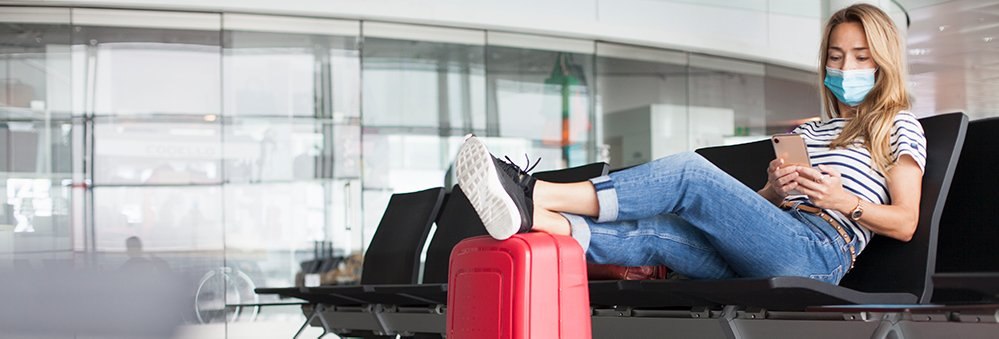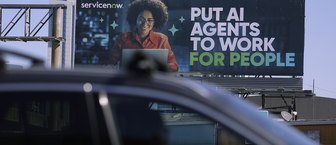The State Department said on Monday that it will add about 80% of countries worldwide to a list of places where Americans are advised not to travel because of ongoing COVID-19 outbreaks.
The warnings may delay international travel for some Americans, but there are still questions about what global trips will look like in a post-COVID world. In a recent Economist/YouGov poll, Americans tend to believe that "vaccine passports," which would prove vaccination against COVID-19, should be required (52%) in order to travel internationally. Around one-third of Americans (36%) do not think this should be a requirement.
All income level groups approve of vaccine passports, but by different margins. Those whose annual incomes are below $50,000 approve by 50% vs 34%, while those with family incomes above $100,000 approve by 60% to 33%.
There are also large differences when it comes to whether being vaccinated should be required for entry to a number of other places. But many Americans support requiring people show proof of vaccination against COVID-19 or a recent negative test before entering various establishments.
Overall, Americans support using proof of vaccination or a negative test for entry many places, including cruise ships (61% vs 27%), airlines (56% vs 31%), universities (51% vs 35%), and schools (49% vs 36%). The exception is hotels (42% vs 42%). On that, they divide evenly.
Republicans object to requiring vaccination or a negative test in every circumstance asked in the poll. Those who refuse to take the vaccine also oppose that vaccine passports as entry requirements across the board. Senior citizens are among the most positive about requiring vaccinations and negative tests.
Americans who are not sure about being vaccinated agree that cruise ships should require passengers be vaccinated or show a negative test (49% vs 30%), perhaps remembering the outbreaks near the start of the pandemic. They also believe that airlines, with their enclosed spaces and increasing number of passengers, should do the same (43% vs 34%). But they reject requiring vaccinations or tests by hotels (30% vs 46%) and divide about the need for tests or vaccinations for schools (41% vs 37%) and universities (38% vs 37%).
Related: College graduates report higher rates of vaccination than to non-college adults
See the toplines and crosstabs from this Economist/YouGov poll
Methodology: The Economist survey was conducted by YouGov using a nationally representative sample of 1,500 US Adult Citizens interviewed online between April 10 - 13, 2021. This sample was weighted according to gender, age, race, and education based on the American Community Survey, conducted by the US Bureau of the Census, as well as 2016 Presidential vote, registration status, geographic region, and news interest. Respondents were selected from YouGov’s opt-in panel to be representative of all US citizens. The margin of error is approximately 2.8% for the overall sample
Image: Getty











